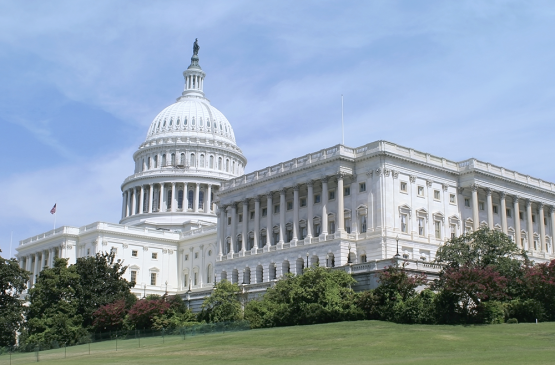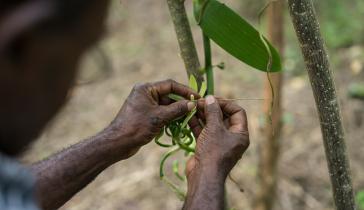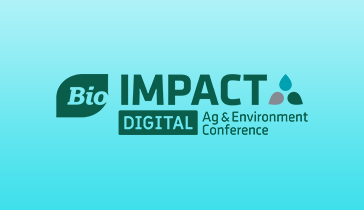The bioeconomy continues to be a hot topic weeks after leaders across agriculture, sustainable fuels, and biobased manufacturing gathered virtually at the reimagined BIO IMPACT Ag & Environment Conference in September.
Last week, BIO’s Stephanie Batchelor spoke at the ScalingUp 2020 Bioeconomy Virtual Live conference, an industrial bioeconomy business conference focused on Canada.
The conference posts new live discussions with leaders across the global bioeconomy every Tuesday until the end of October. This latest conversation raised the question, is social and environmental justice relevant to the bioeconomy, or just noise?
“I see a really incredible intricate tie-in with social and environmental justice and the bioeconomy,” noted Stephanie in her opening remarks.
The COVID crisis has certainly shined a light on disparities across our society including in health care, the economy, and the effects of climate change.
Earlier this year, the Harvard T.H. Chan School of Public Health found that there is a clear correlation between air pollution and the COVID-19 death rate. And per the Environmental Protection Agency’s 2018 study, we know that race is the most important factor in how likely someone is to live in a more polluted environment.
“Biotechnology has incredible potential to unlock solutions for all of these communities,” said Stephanie. This includes driving down overall emissions through agriculture.
Thanks to biotechnology, enhanced soil microbes can capture more nitrogen from the atmosphere, which reduces the need for excessive fertilizers and limits run-off in the water supply. And through crops that capture and sequester more carbon in the soil, farmers can gain revenues in carbon markets.
“Agriculture can contribute. It is not the problem.”
As Stephanie goes on to note, a strong bioeconomy brings innovations across sectors that have environmental benefits.
Companies like Amyris are using synthetic biology to develop biobased squalene (also known as squalane) from plants, an ingredient critical to the development of some vaccine adjuvants and one that is normally harvested from sharks.
Gevo and Lanzatech are harnessing the power of hydrocarbons and industrial waste gases to create sustainable fuels that can power all modes of transportation.
But if these innovations are to become as commonplace as the iPhone, and their environmental benefits to be truly realized, she adds, the right policies are needed.
“If you want breakthroughs in feedstock development then you need policies that are going to promote sustainable fuels that are technology and feedstock neutral.”
This includes transportation policies like a low carbon fuel standard.
Other policies like the Growing Climate Solutions Act are also necessary to legitimize carbon markets so farmers and producers can be part of the climate solution and earn revenue.

It is time we embrace America’s farmers as part of the climate solution and ensure they can access carbon credit markets to monetize their sustainable practices. Contact your Congressional representative and tell them to support The Growing Climate Solutions Act (GCSA) today!
“The technology is there,” Stephanie said.
In her closing, Stephanie noted, “The entire bioeconomy universe makes me optimistic.”
Thanks to their foundation of science, the companies that make up the bioeconomy have been agile in their ability to respond in a challenging year. These companies are working to build an economy that brings clean air, good jobs, and better public health for all.
Thus social and environmental justice are indeed relevant to the bioeconomy—in fact the bioeconomy offers some of the most innovative solutions to these generational problems. If we’re going to have true equity, we must look across society at all the available tools that will bring the most good for all.
“This is the right time for the bioeconomy, and I see a lot of momentum as we move forward,” said Stephanie.




257c.jpg)















.png)


